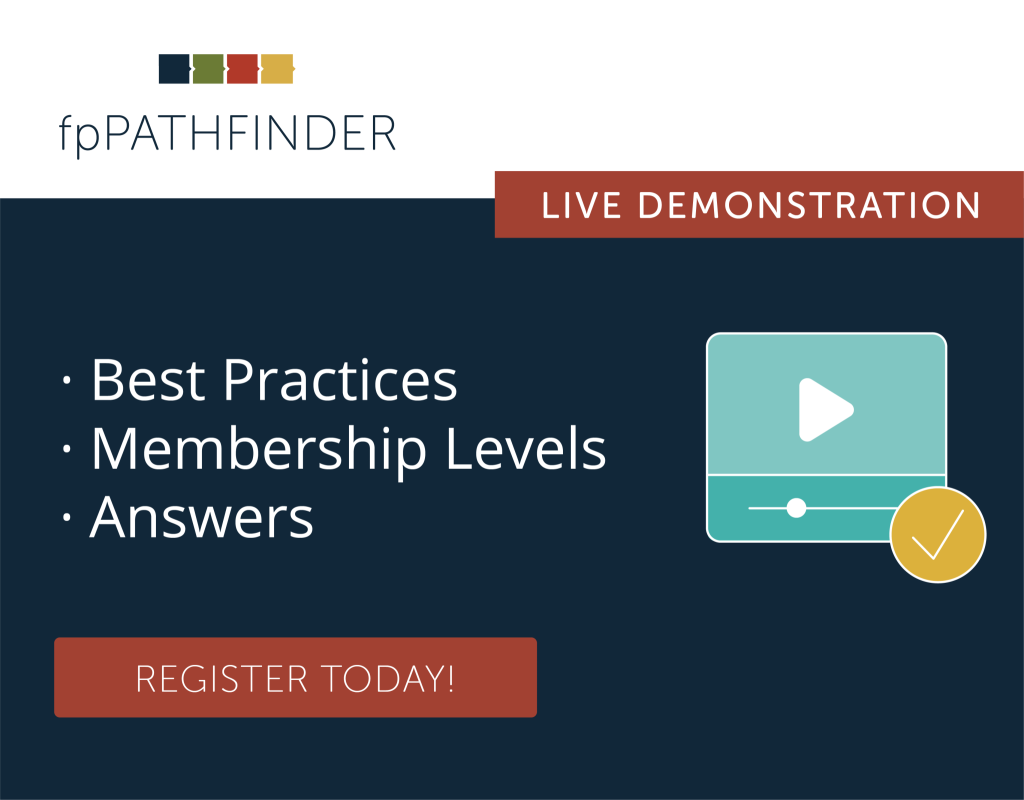3 Reasons Why Advisors Should Incorporate Estate Planning Into Their Practice
Estate planning should be an essential part of a comprehensive financial plan – no matter the client's stage in life. From preparing to leave for college to purchasing a new home, proper estate planning needs are enmeshed in every goal consideration. Although estate planning might appear as a fundamental component of holistic financial planning, many advisors don't necessarily prefer it as the primary foundation for building client relationships. In reality, there are some compelling reasons to start integrating estate planning more firmly into practice.
You Become The Trusted Expert
Be it estate planning, education planning, or retirement planning, as an advisor you provide more to your client than traditional investment management. You are the person they turn to when facing a crisis or a new life event. By supporting them during life’s big milestones, big or small, you cement your relationship with the client as the trusted advisor. What’s more, offering advice or guidance across a diverse array of subjects establishes you as the client's reliable and knowledgeable authority. This positions you as the primary resource they turn to, a distinction that holds significance beyond assets under management and yields returns through valuable referrals.
Add Value (Beyond Investment Returns)
The shift in financial services towards comprehensive financial planning and fee-based models has driven the need for advisors to demonstrate their value, beyond investment returns. Advisors are not only seeking ways to justify their value to clients but also aiming to distinguish themselves in an evolving industry. Despite clients' potential misconceptions, a truly holistic financial approach involves more than inputting goals into a planning software program. Estate planning is one of the most essential ways to inject additional, tangible value into a client’s financial plan. Estate planning provides an especially useful way to highlight value as it provides advisors with the opportunity to engage with clients on several life milestones - charitable giving, education funding, business succession planning, etc – ultimately opening the door to more planning opportunities. This brings us to our next point…
Expand Planning Opportunities & Your Prospect Funnel
Prospects often feel hesitant during the discovery phase of financial planning. Revealing financial details is considered taboo by many, and discussing financial goals can evoke a sense of vulnerability. By getting their foot in the door by another means, such as the promise of creating an estate plan, clients have time to develop a trusted relationship with the advisor. A nurtured estate planning client can easily expand into a nurtured financial planning client, all at a pace that makes the client feel comfortable. Even better, estate planning often opens the door for other planning opportunities. Creating an estate plan can trigger a beneficiary review, which in turn can prompt a reassessment of the retirement plan. Before you know it, you're overseeing extra assets to support the client's goals. An estate plan also helps support next-gen financial planning by providing a chance to coordinate wealth transfer goals.
fpPathfinder's Estate Planning Topic Bundle makes it easy to quickly access a collection of estate planning guides. This collection of checklists helps you guide clients when reviewing estate planning considerations such as:
- Beneficiary Reviews
- Charitable Giving Strategies
- Estate Plan Updates
Not a member yet? We can help you with that. Visit the Become A Member page, learn about the Essentials, Deluxe, and Premier membership levels, and select the one that moves you closer to your goals. If you want a more personalized experience, register here for a live demonstration. The live demos allow you to learn from the fpPathfinder team and ask the questions on your mind.

